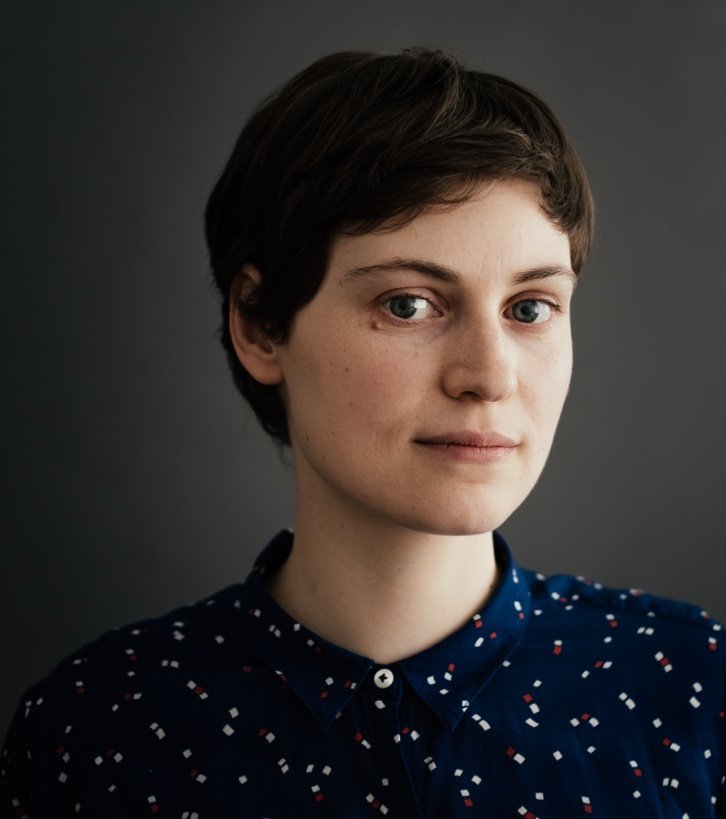
This is part of our ‘Meet Our Delegates’ series where we introduce you to social scientists and technologists who are attending the conference.
Introducing Judith Mühlenhoff
Please can you tell us a little bit about yourself, your background, and the work that you do as a UX Researcher?
Sure. I am a user researcher from Berlin with a background in sociology and a Ph.D. in innovation management. My focus lies at the front-end of innovation and that is why I am mostly involved with qualitative explorative and generative research. Usually, I conduct ethnographic research and help companies and institutions to tap into new markets, uncover opportunities, or fuel their innovation strategy. I am also running a local meetup for user researchers and next, we will be having a workshop where people can reflect about their research skills and future careers. It is an open source workshop prepared by the global ResearchOps community and will be run all around the world.
Why are you excited to attend the conference and what do you hope to get from attending?
Some years ago, the narrative about big data speaking for itself and being the new oil got me worried. I was working in an ethnographic project for a global news audience research team and they told me they were drowning in big data, but lacking a deeper understanding of that data as well as missing qualitative data. I followed the contributions of anthropologists made about, e.g. “thick data” (Tricia Wang referring to Clifford Geertz), or “deep data”, and gave a talk at the UX barcamp on how to combine big and deep data, thus mixing qualitative and quantitative approaches. Some of those discussions already were referring to big data and AI, so for me discussing responsible tech and AI has been stemming from that previous discourse.
I am very happy to see a critical stance about emerging tech and AI is gaining momentum and brilliant social scientists like Kate Crawford were invited at the information science conference NIPS in 2017, or scientists claiming in a Nature paper about a new field of machine behaviour studies connecting social science and machine learning.
I am looking forward to connecting with smart thinking people who also want to push forward bridging tech and anthropology this October. Regarding this, I hope to do a deep dive into specific aspects and discuss what needs to be done next.
In your opinion, why do you think technologists should attend the conference and meet people like you?
I think every technologist who cares about the impact of technology on society can benefit from meeting researchers who study society and people. Diversity and different mind-sets are key to improve the understanding of such complex tech systems like AI. We need to overcome the simplistic discussions about AI with its black and white scenarios. Together, we can lay the ground for the new field of inter-disciplinary machine behaviour studies and improve rigor and differentiation in the discourse.
Every technologist who cares about the impact of technology on society can benefit from meeting researchers who study society and people.
You’re intending to give a PechaKucha talk. Can you tell us a little bit about what you might be presenting on?
At the moment I am thinking about a talk on how to make use of design fiction as an approach to tackle acting on socially-responsible AI in the future.
Is there anything else you’d like to tell us or say?
Many thanks for organizing this conference! My impression is that it resonates a lot with what many people care about at the moment and especially in the future. Oh, and I am really curious about exploring Bristol. So far, I only have been linking the city with Drum’n Bass music, I must admit. :-)
Thanks Judith, great to get to know you and we look forward to meeting you in October!
Photo: Shai Levy.
